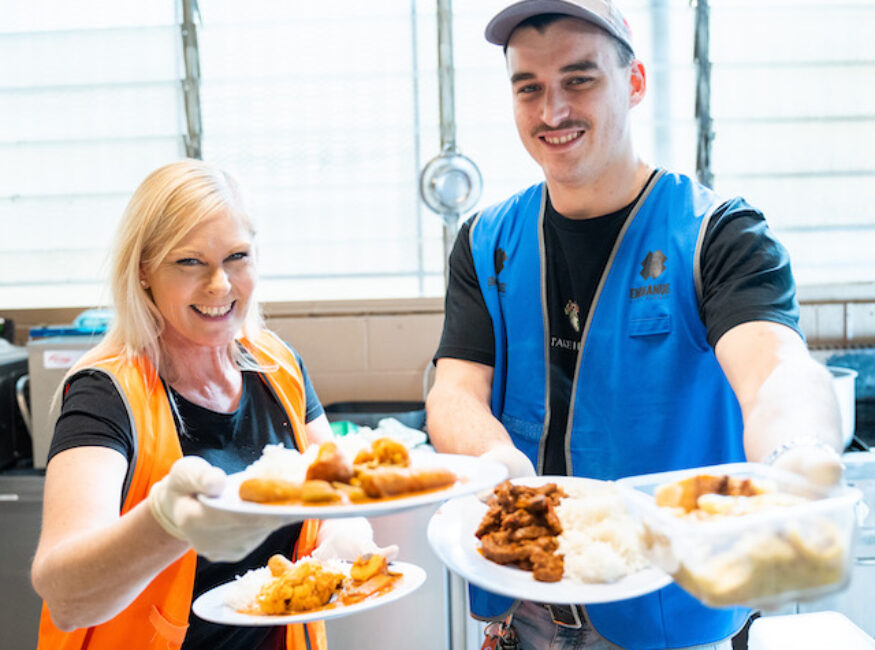Building Resilient Leaders
Growing and maintaining a resilient organisation starts at the top.
To be prepared for the unknown, a leader must be able to clearly label the known. Whether you’re a senior manager in a large multinational firm, or you run an SME, there are some key principles to follow through any disruption:
1. Know your goals and articulate them clearly.
While your company mission and values will remain largely fixed, goals need to move as the game changes. Is growth in the next quarter still realistic in the face of a global pandemic? If leads are drying up, does the goal of expanding internationally make sense in the wider scheme? Take time to pause, reflect and change course if you need to. Then, take charge and make the goals clear.
2. Be consistent and stay true to your values.
Values are not fluffy feelgoodery; they are decision-making tools, a filter for which to run your choices through. Deeply held values – ones that align through individual and organisation – can remove the cognitive load of logic to derive a sense of prescience, a ‘gut feeling’. More than ever, through challenges and times of scarcity, we need to ‘know thyself’ to avoid temptations that will likely be damaging in the long term.
3. Lead with your heart as well as your head.
At its core, your business is a system that solves problems to benefit people. Relationships are part of that system. The more we connect with the people in our circle and beyond, show empathy and compassion for people, the better equipped we are to respond to problems. Realise everyone will deal with a crisis or challenging situation in a different way.
4. Remember that you are not just your title.
When the proverbial hits the fan, get some perspective and separate who you are from what you do. A job is just one element of your identity. Your career is just one part of your life. For a leader, cultivating networks within and outside the industry creates a strong base of support. The good thing is that resilience is an ability that can serve us in all areas of our life.







